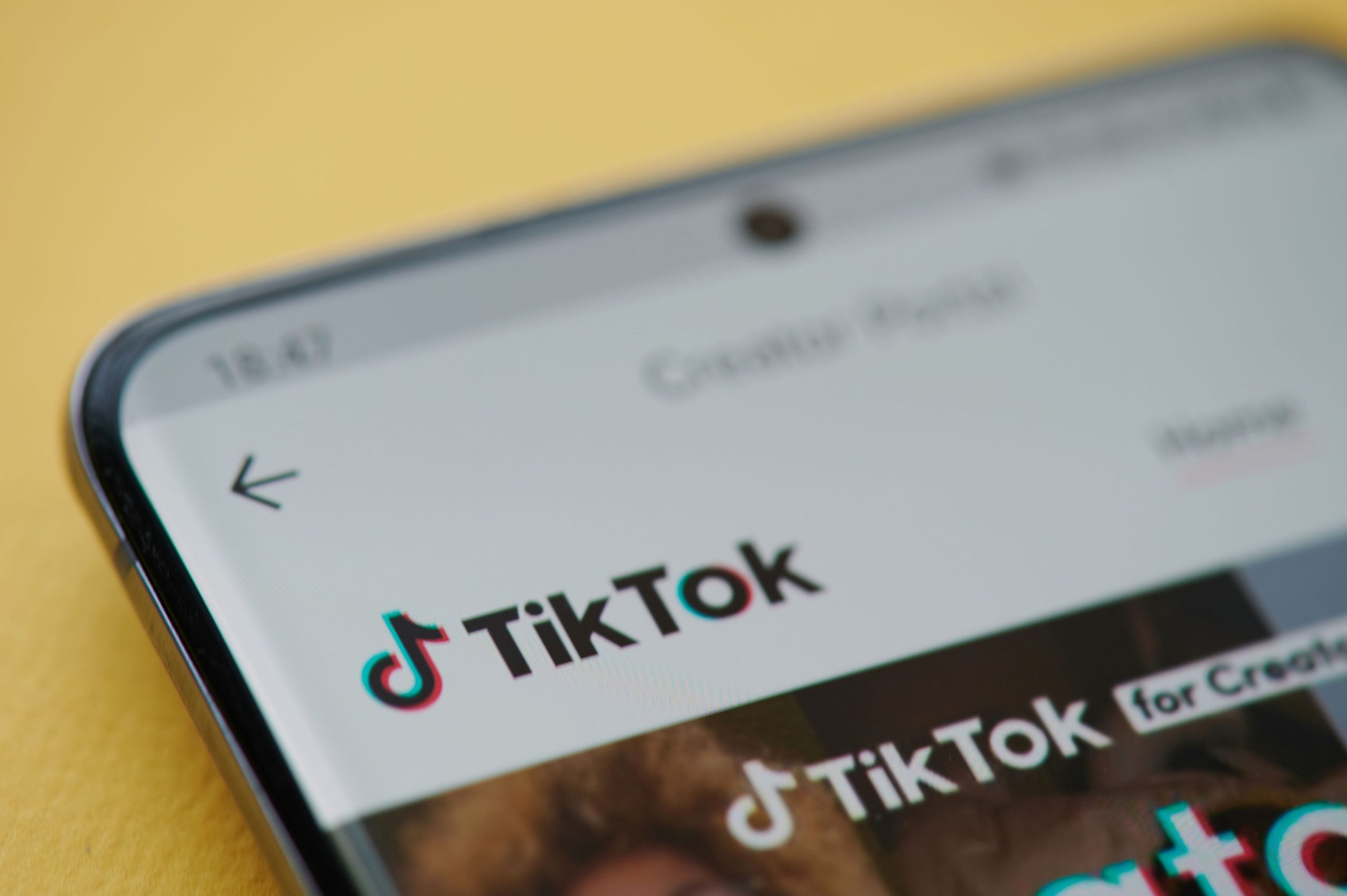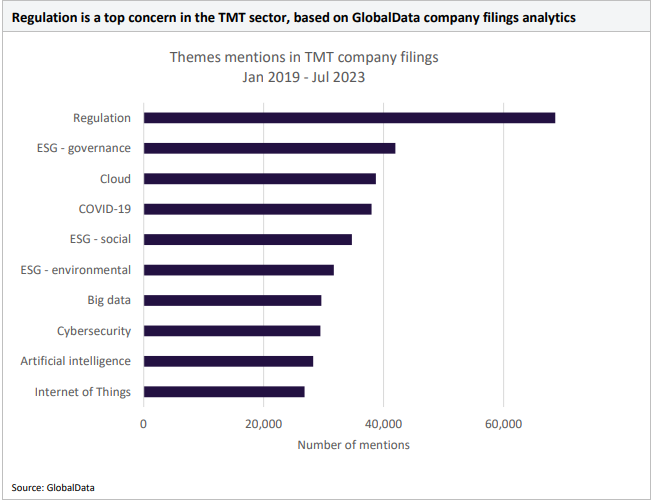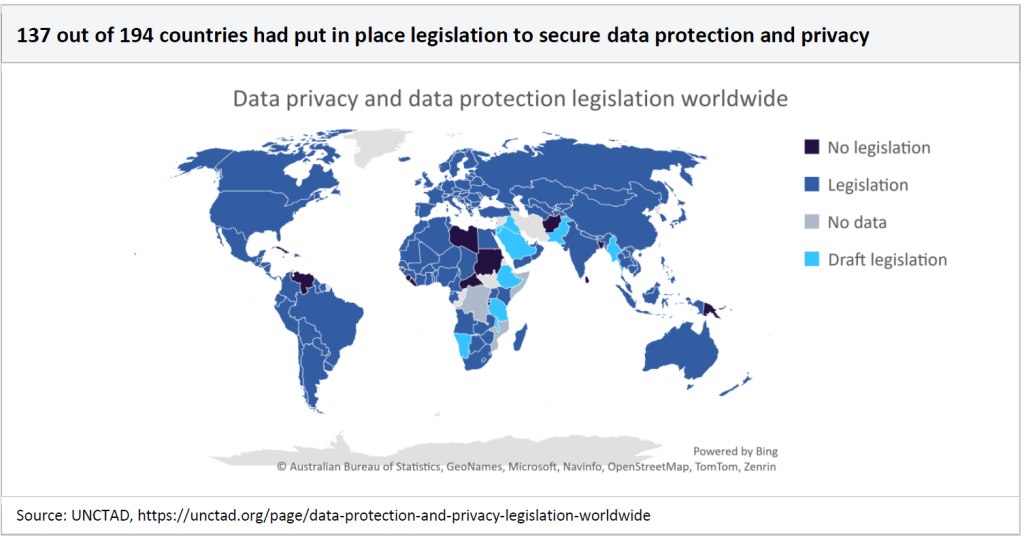
TikTok, the ByteDance-owned video platform, is challenging a $363 (€345m) data privacy fine and a compliance order issued by regulators in Europe for mishandling the private information of its teen users.
The company has filed an appeal in the European Union’s General Court against the fine and is also challenging an order from its lead data regulator in Ireland regarding “deceptive or manipulative” practices that could undermine user privacy.
The Irish Data Protection Commission fined TikTok in September, 2023, after an investigation found that the platform failed to protect underaged users against unnecessary data processing
This violation was related to data processing practices concerning children between the ages of 13 and 17 during a five-month period from July 2020 to December 31, 2020.
The Irish data watchdog has jurisdiction over TikTok due to the platform’s European base in Dublin. However, because the alleged infringement was EU-wide, the European Data Protection Board, consisting of representatives from 30 European countries, had to approve the final decision.
The European Data Protection Board expressed concerns about the way TikTok encourages children to create public accounts and makes their videos posted online public by default.
The fine and compliance order form part of a broader push for increased scrutiny of child safeguarding practices and data privacy violations by social media companies, including TikTok, Meta and Elon Musk’s X, as well as efforts to combat the spread of disinformation.
TikTok’s appeal and the ongoing legal actions highlight the significance of data privacy and the regulatory environment, especially in cases involving platforms with a massive user base and global operations.
TikTok has also faced many bans owing to national security concerns and its ownership by the Chinese company ByteDance.
As of June 2023, federal and state employees in 34 states are barred from accessing the app on government devices.
In May 2023, Montana became the first state to ban TikTok on all personal devices, though this will not take effect until January 1, 2024, and is currently being challenged in court.
How well do you really know your competitors?
Access the most comprehensive Company Profiles on the market, powered by GlobalData. Save hours of research. Gain competitive edge.

Thank you!
Your download email will arrive shortly
Not ready to buy yet? Download a free sample
We are confident about the unique quality of our Company Profiles. However, we want you to make the most beneficial decision for your business, so we offer a free sample that you can download by submitting the below form
By GlobalDataThe issue of technology regulation has become a top theme for companies trying to navigate a fast changing regulatory landscape.
GlobalData’s Company Filing Analytics uncovers underlying trends hidden in vast amounts of financial and non-financial data available in company filings and transcripts.
Regulation is the theme with the most mentions in tech companies’ filings, with over 68,000 relevant mentions tagged to this theme between January 2018 and July 2023.

Findings from research firm GlobalData’s Thematic Intelligence: Tech Regulation report found that a consensus is emerging that governments should hold social media companies responsible for the content they publish, as these platforms can encourage anti-social and criminal behaviour. As a result, governments are taking steps to stem the flow of online misinformation and harmful content.
A 2020 OECD Survey on Open Government found that 35% of OECD respondents and 21% of all respondents had implemented embedded measures to combat harmful online content within broader national strategies, action plans on cybersecurity, or strategies to combat racism, extremism, xenophobia, or radicalism.

Regulators are concerned that online content aggregators, like Meta, Google, X (Twitter), Baidu, Tencent, and Weibo, could undermine social norms unless regulated like media companies.
These companies are facing scrutiny for spreading fake news and placing advertising from high-profile companies alongside hate speech or violent content.
Our signals coverage is powered by GlobalData’s Thematic Engine, which tags millions of data items across six alternative datasets — patents, jobs, deals, company filings, social media mentions and news — to themes, sectors and companies. These signals enhance our predictive capabilities, helping us to identify the most disruptive threats across each of the sectors we cover and the companies best placed to succeed.






